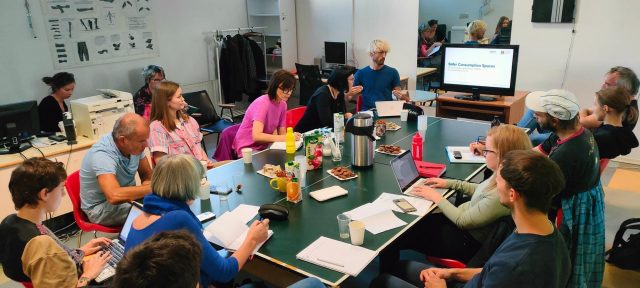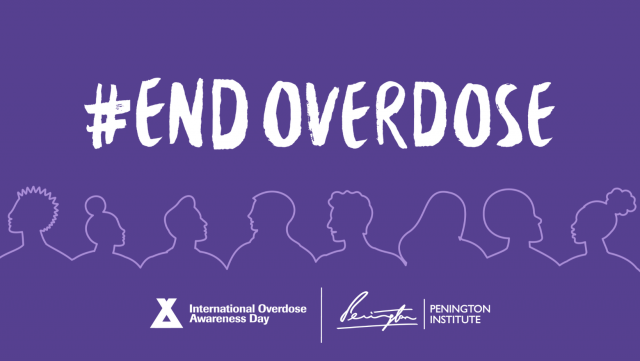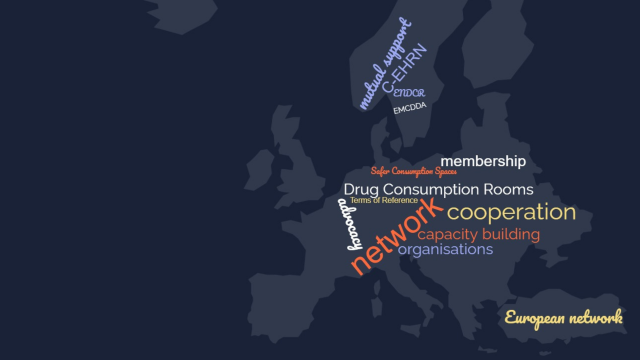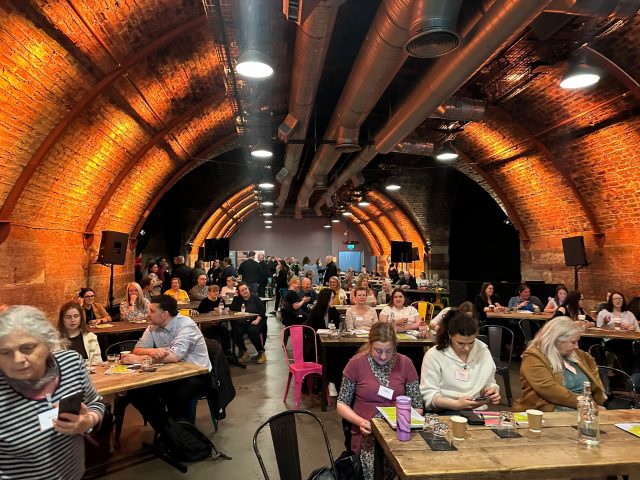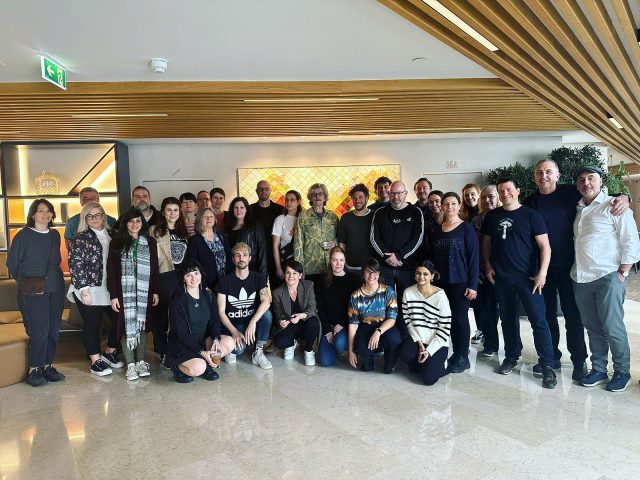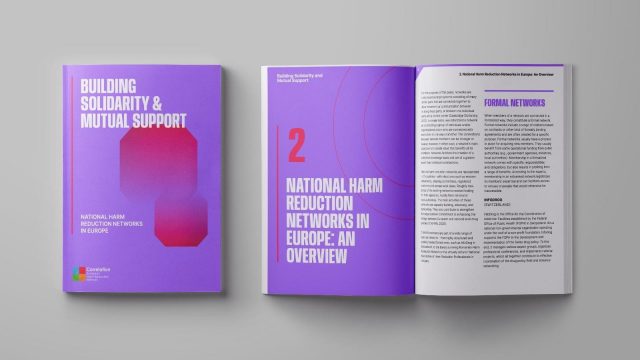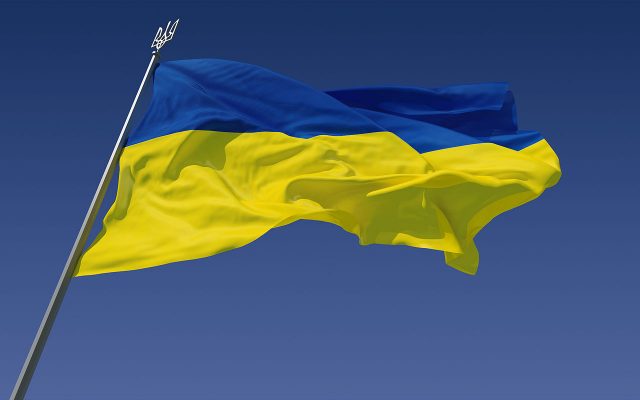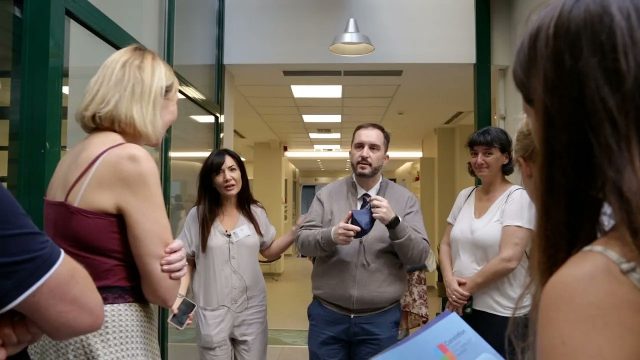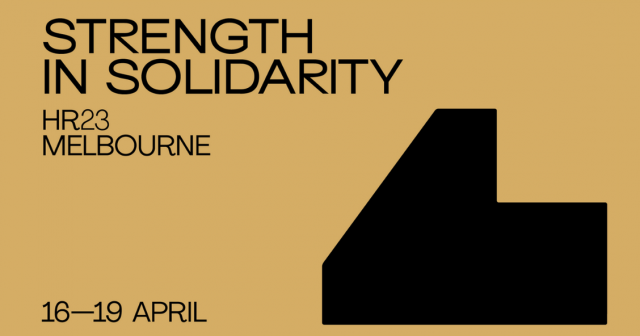The Eurasian Harm Reduction Association and a team of researchers conducted an exploratory study in Central and Eastern Europe and Central Asia (CEECA) to assess the availability of mental health care services for people who use drugs and published the findings in the report titled LINKING DOTS: Assessment of opportunities for optimal access to MENTAL HEALTH CARE services for people who use drugs in the CEECA region.
They focused on Czechia, Estonia, Moldova, and Poland, collecting data through in-depth research, literature analysis, and interviews with health service providers, harm reduction service staff, and patients/clients. The study revealed that despite relatively developed mental health facilities and treatment facilities for people who use psychoactive substances in these countries, significant obstacles persist in providing mental health services to people who use drugs.
The researchers recommend using these findings to improve harm reduction and healthcare programs, address systematic barriers, and promote cooperation among agencies to enhance access to mental health care. The study aims to advocate for the integration of harm reduction and mental health support systems to provide better care and support for individuals in need.

